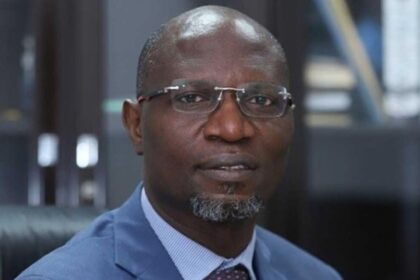British American Tobacco Nigeria has called for a more active role for the private sector in building sustainable energy systems and driving Africa’s transition to cleaner, more resilient sources of power.
Speaking at the 2025 edition of the Private Sector ESG Forum held recently in Lagos, the Managing Director of BAT West and Central Africa, Yarub Al-Bahrani, said private enterprises must move beyond rhetoric to concrete action in supporting Nigeria’s sustainability goals.
Al-Bahrani, who delivered the keynote address at the event themed “Energy Security and Decarbonisation: Bridging the Gap for a Sustainable Future in Africa,” said the continent’s energy challenges required urgent and coordinated private sector leadership.
He said in a statement: “While Africa continues to face significant energy access challenges, the private sector must play a leading role in decarbonisation and building sustainable energy systems for future generations.”
Highlighting BAT Nigeria’s sustainability milestones, Al-Bahrani noted that the company had transitioned 100 per cent of its operations from diesel to compressed natural gas, installed a 1.4 MW solar power system at its Ibadan factory, and maintained a zero-waste-to-landfill record since 2021.
“These initiatives are central to our target of achieving a 50 per cent reduction in Scope 1 and 2 greenhouse gas emissions by 2030,” he added.
Al-Bahrani also emphasised the need for collaboration among the government, the private sector, and civil society to unlock investment in clean energy and accelerate Africa’s transition.
“Sustainability is not a corporate slogan; it is a collective responsibility,” he said. “If we are to bridge the gap between energy security and decarbonisation, we must build together through enabling policy, innovation, and shared commitment.”
The 2025 Forum, organised in partnership with TGI Group, BAT Nigeria, Stanbic IBTC, and NESGAS Producing, featured two plenary sessions titled ‘From Production to Consumption: Building Resilient and Sustainable Energy Value Chains’ and ‘Financing Africa’s Energy Transition: Unlocking Capital for Gas and Renewables in a Balanced Energy Future.’
Participants agreed that Africa’s energy transition must be inclusive and innovative, with a stronger focus on access to clean energy, policy alignment, and sustainable financing to bridge the continent’s widening energy gap.















